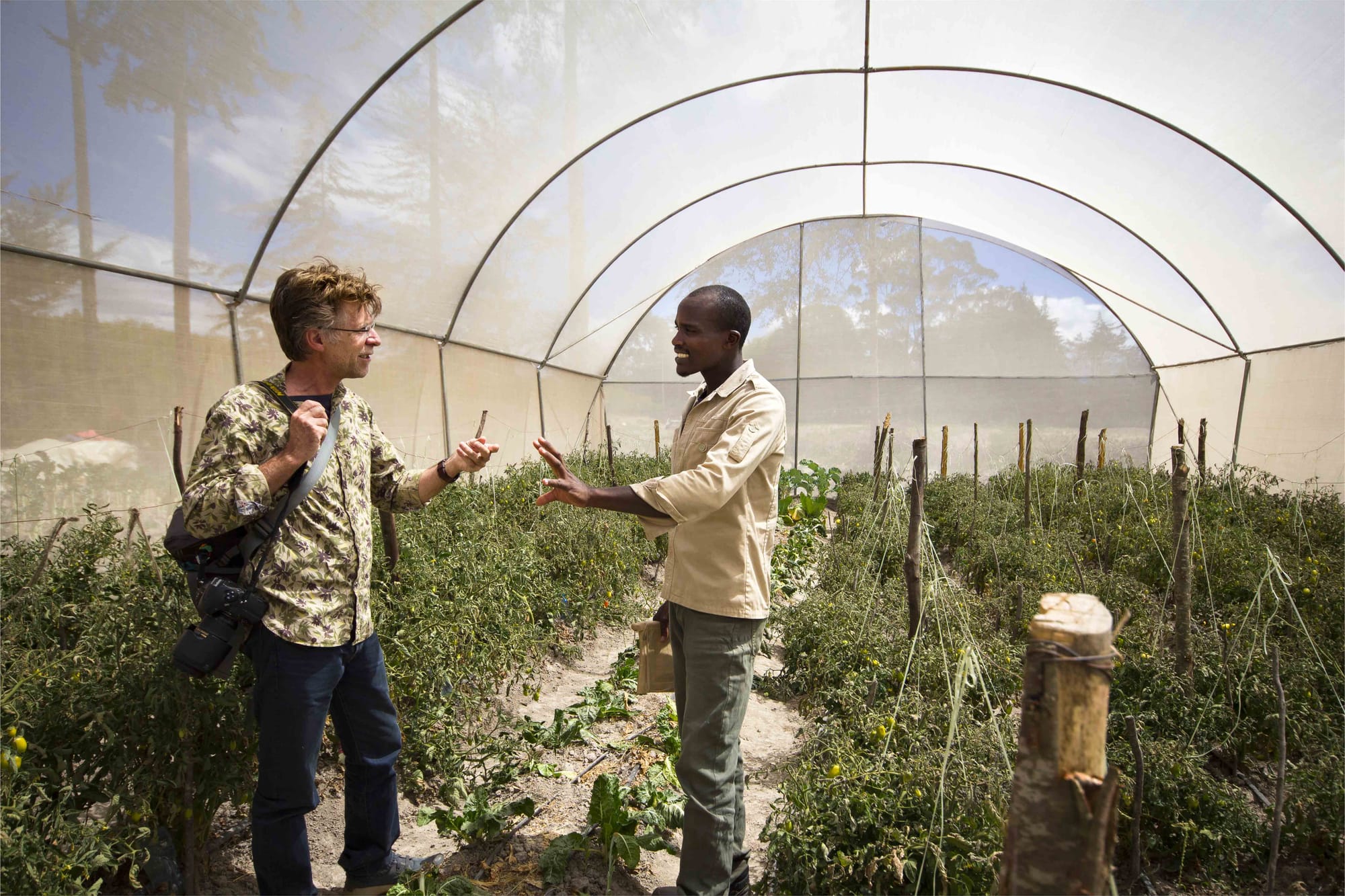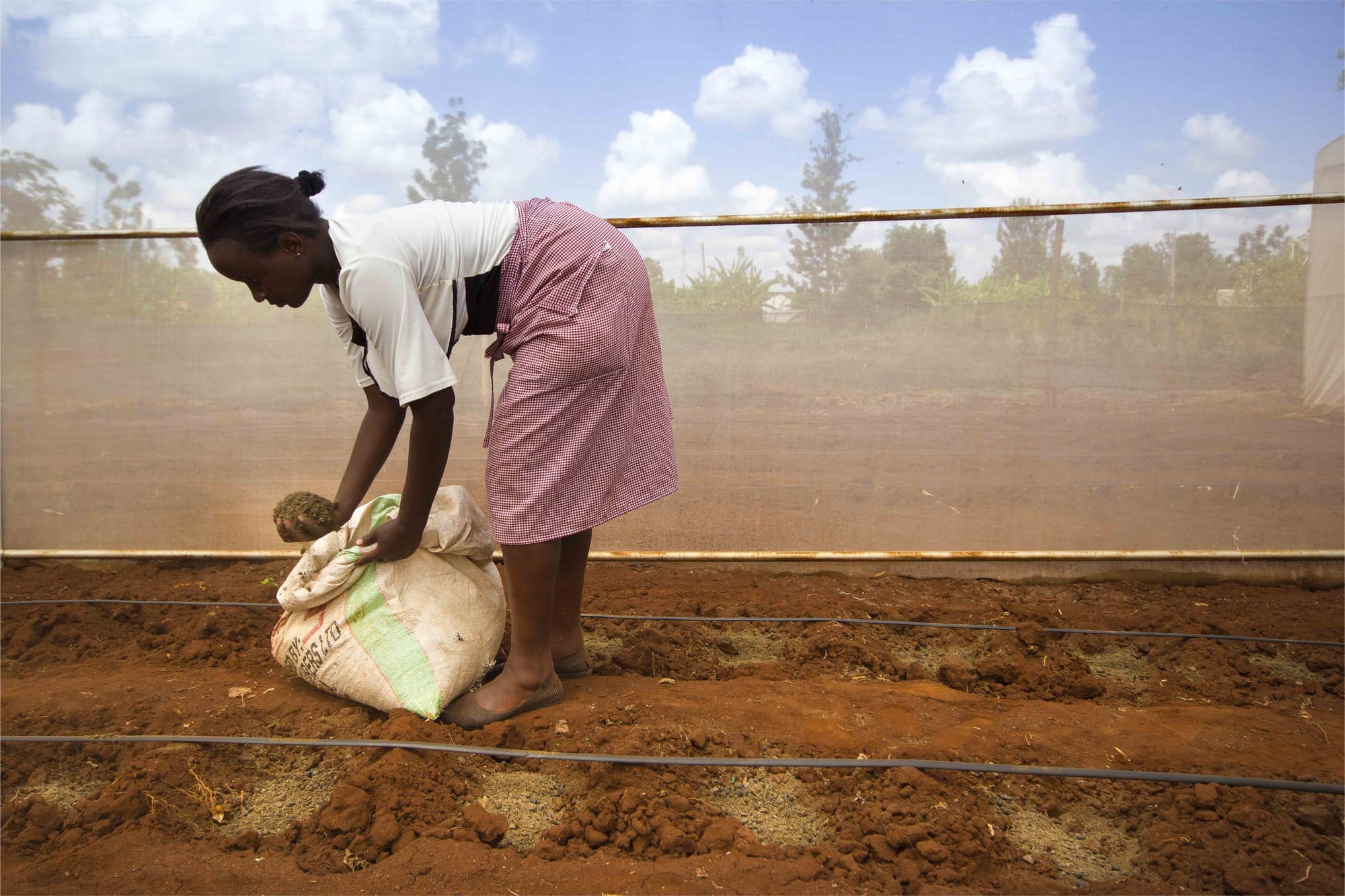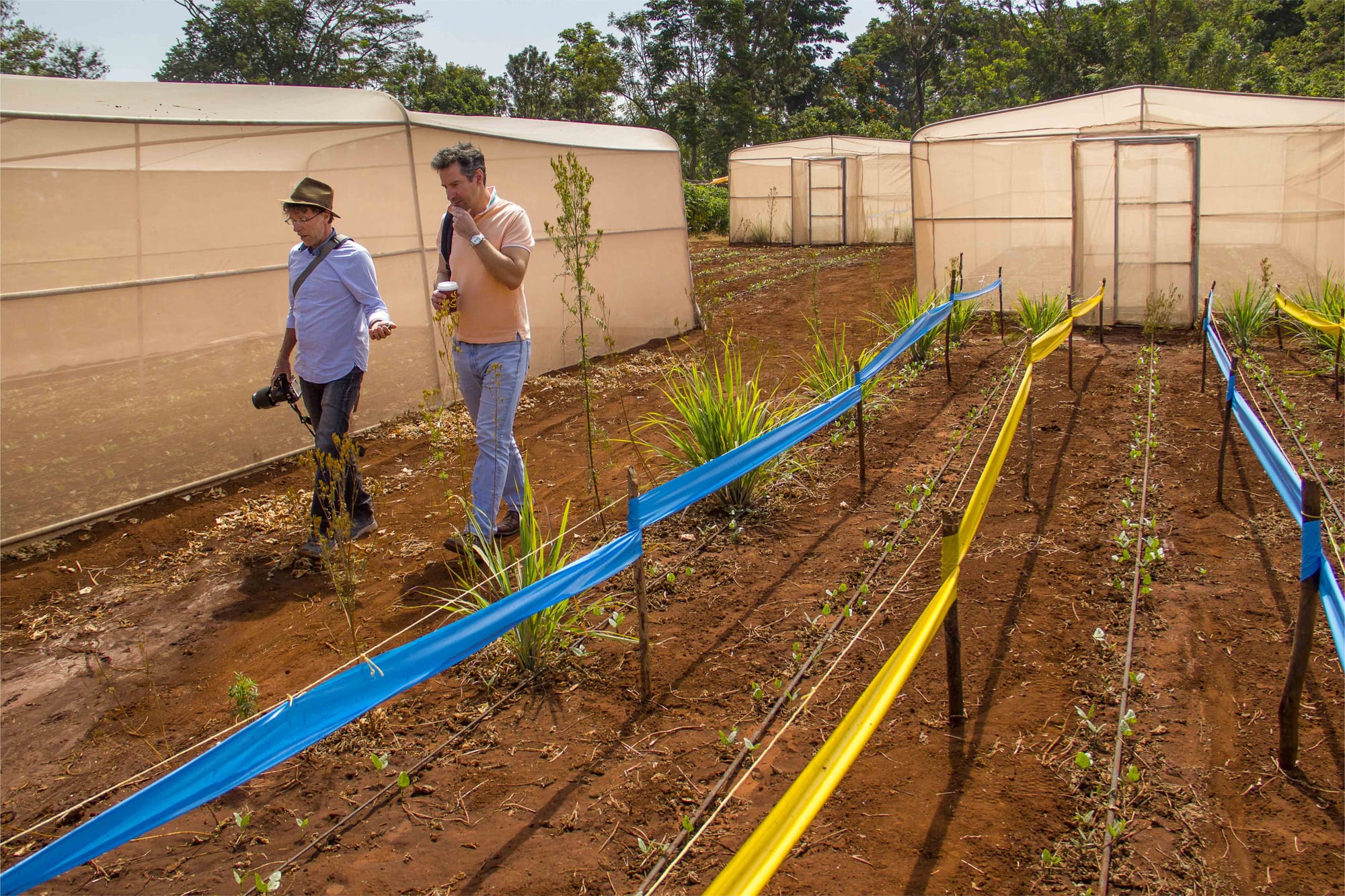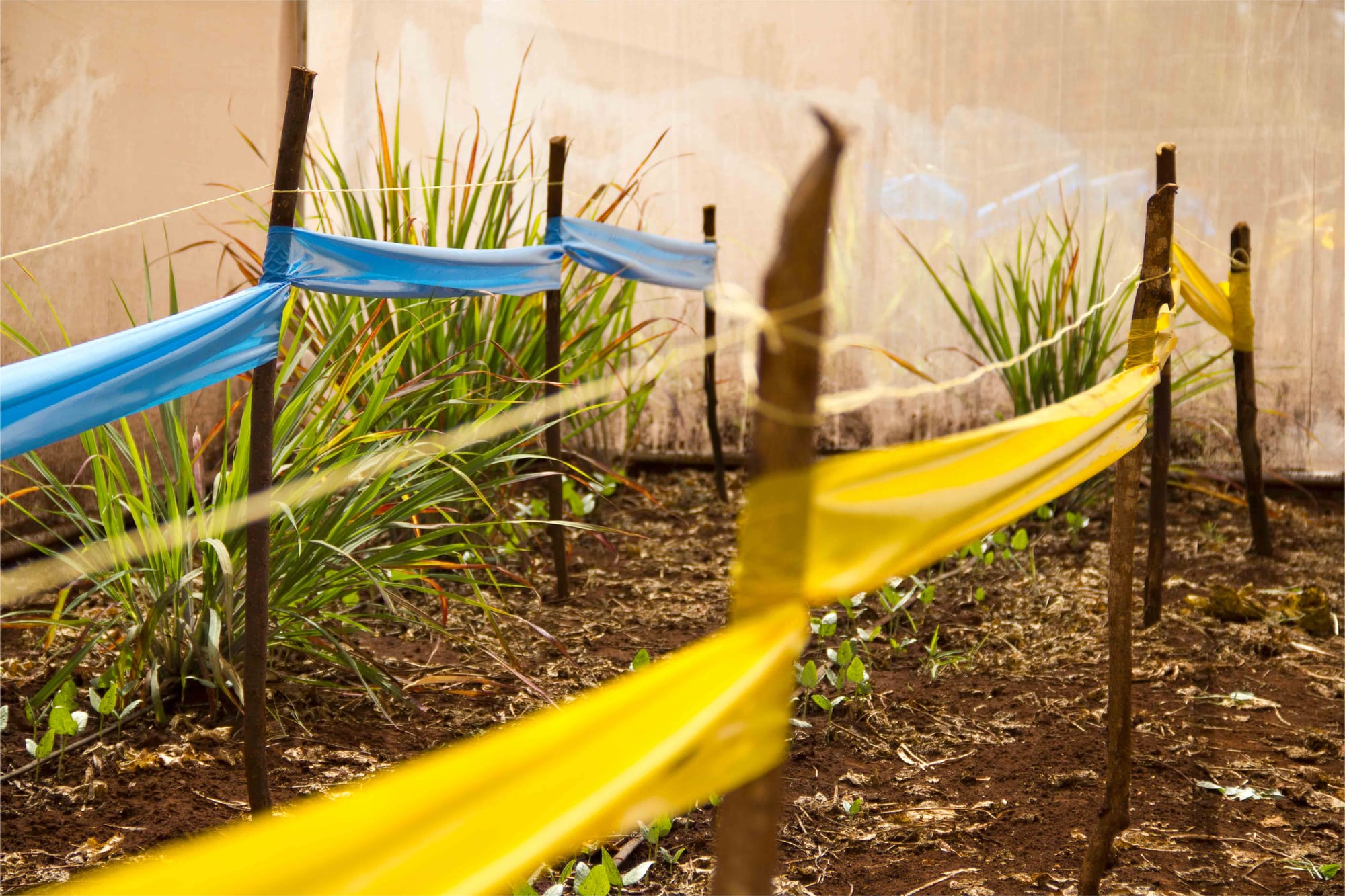The pitfalls of chemicals
Chemical pesticides are now widespread in rural areas in Africa. By using them recklessly, farmers have become locked into an ineffective and dangerous production model.
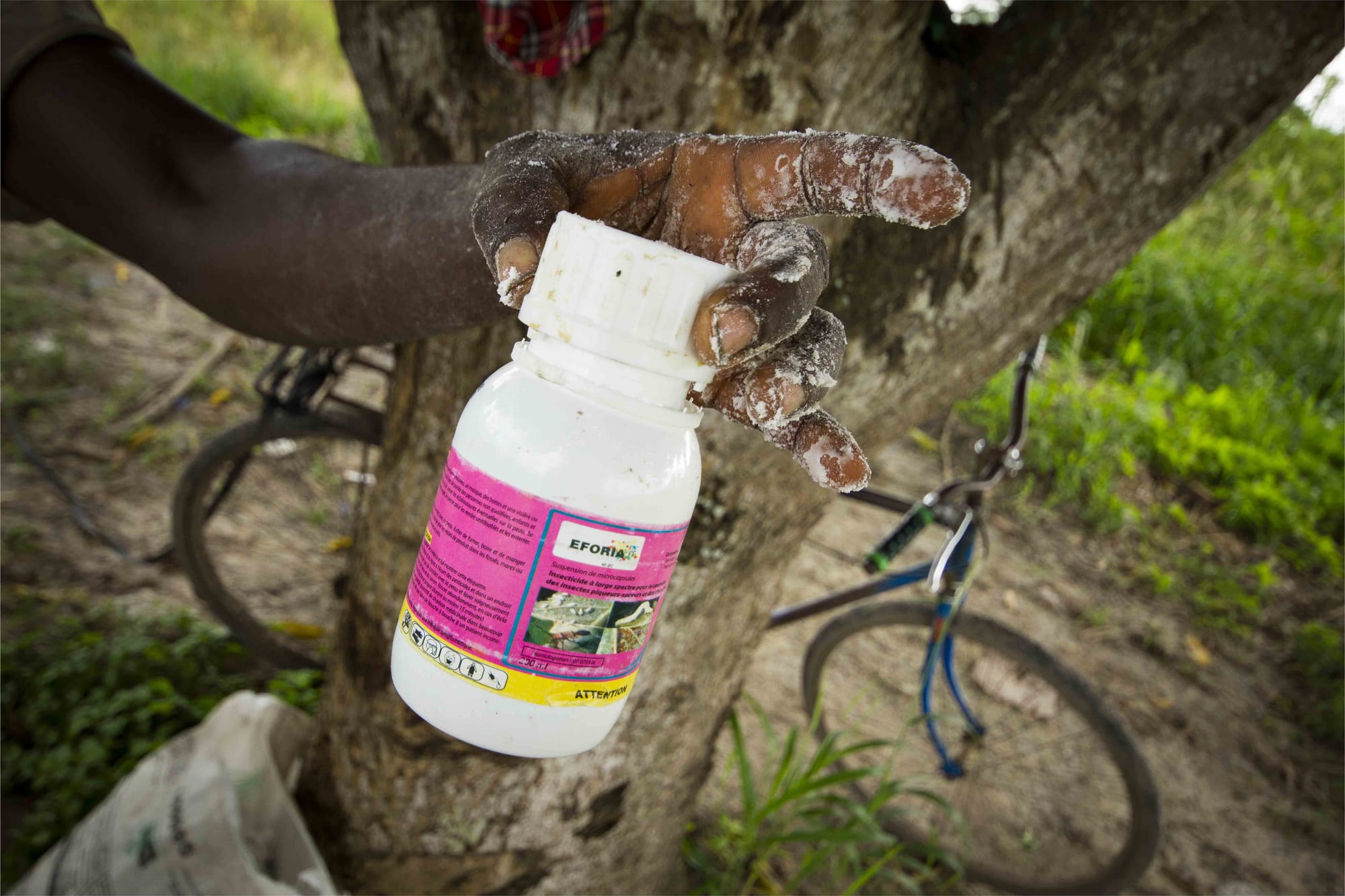
Unchecked use of agrochemicals
Most African horticulturists manually apply broad-spectrum pesticides preventively at least once or twice a week. The systematic use of the same active molecules leads to problems of resistance in pests. Therfore, producers are obliged to treat their crops even more often. The pests cause visual defects on the fruit's skin (last photo), and sometimes even destroy the crop.
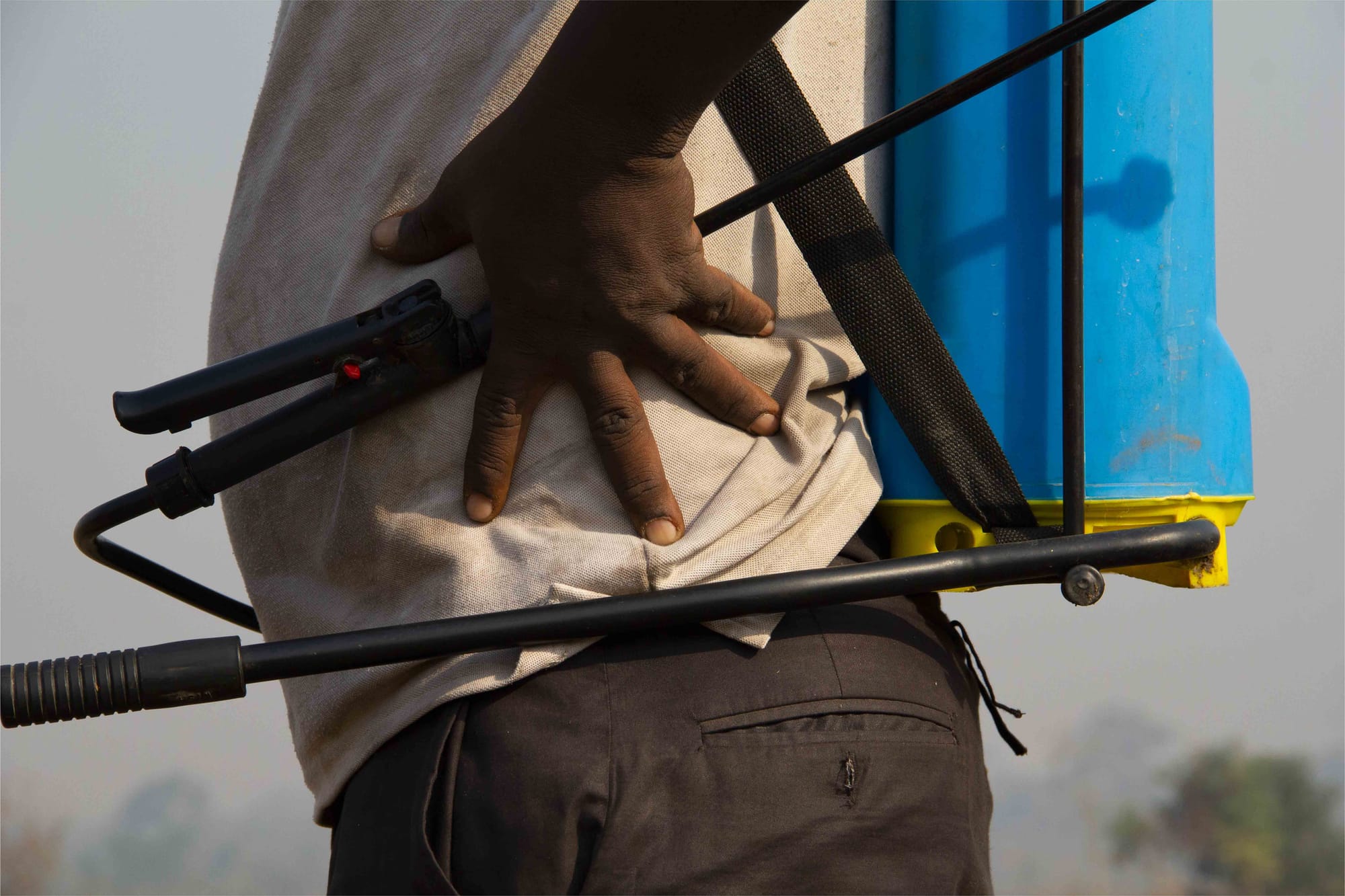
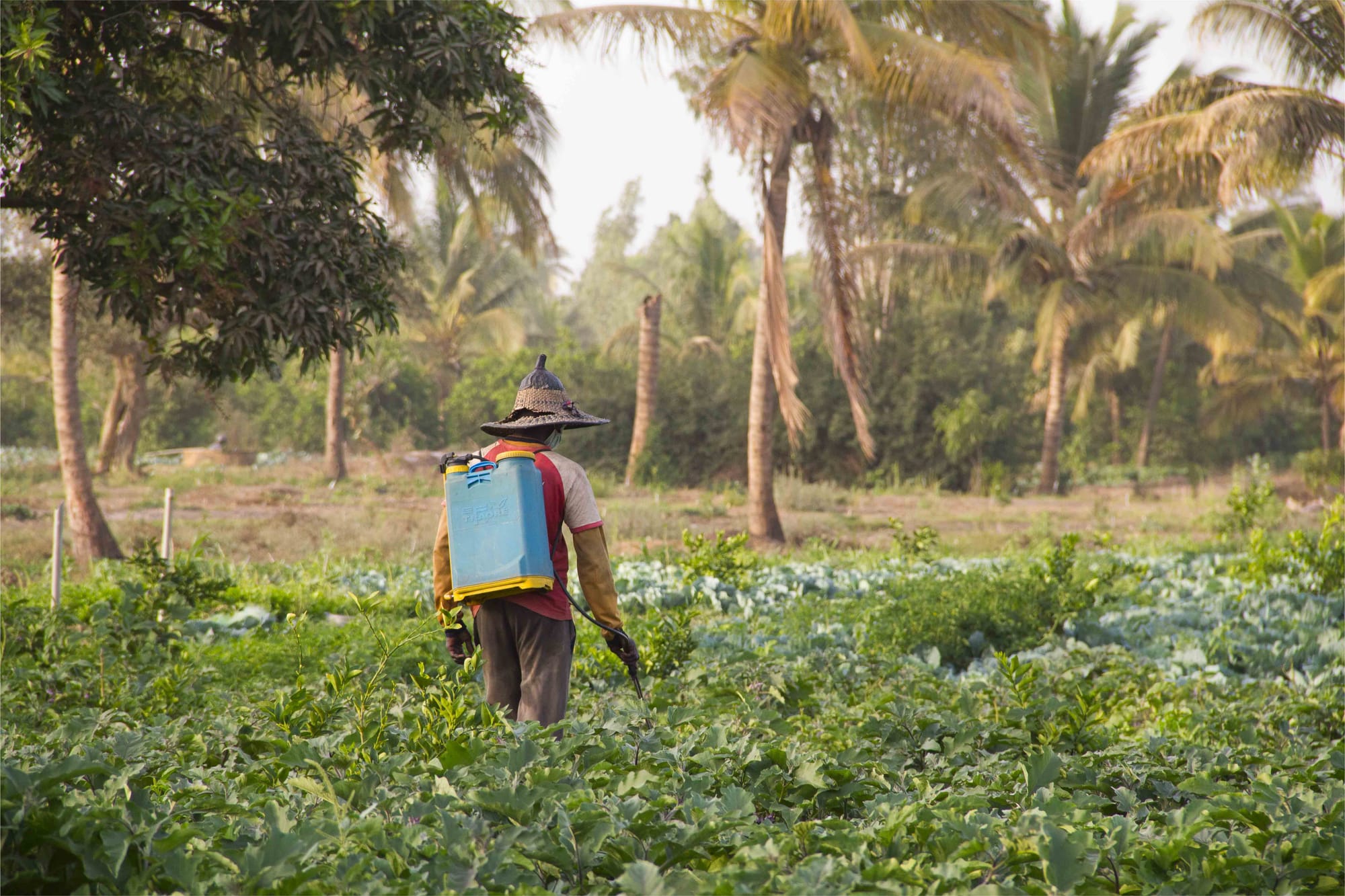
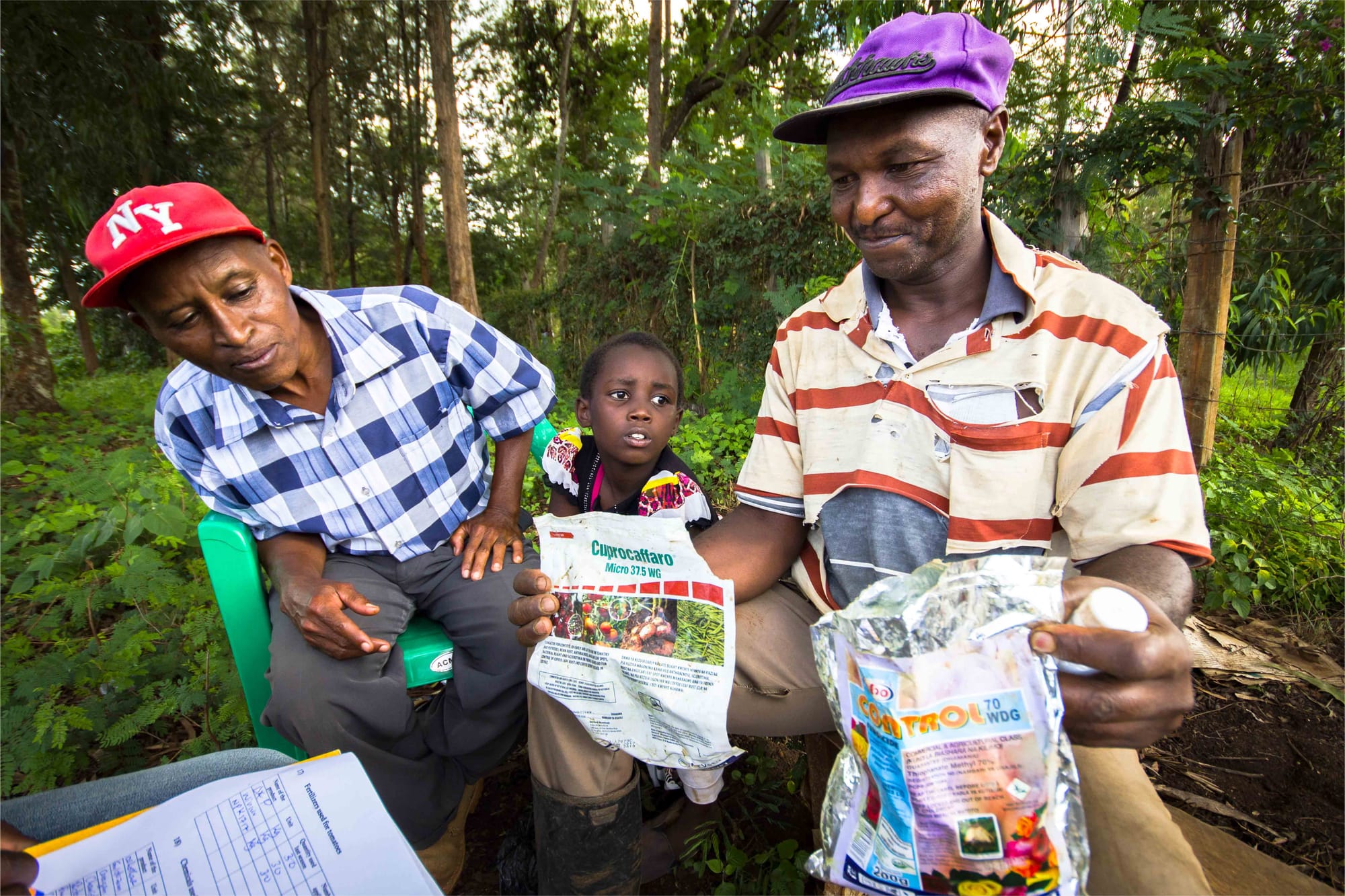
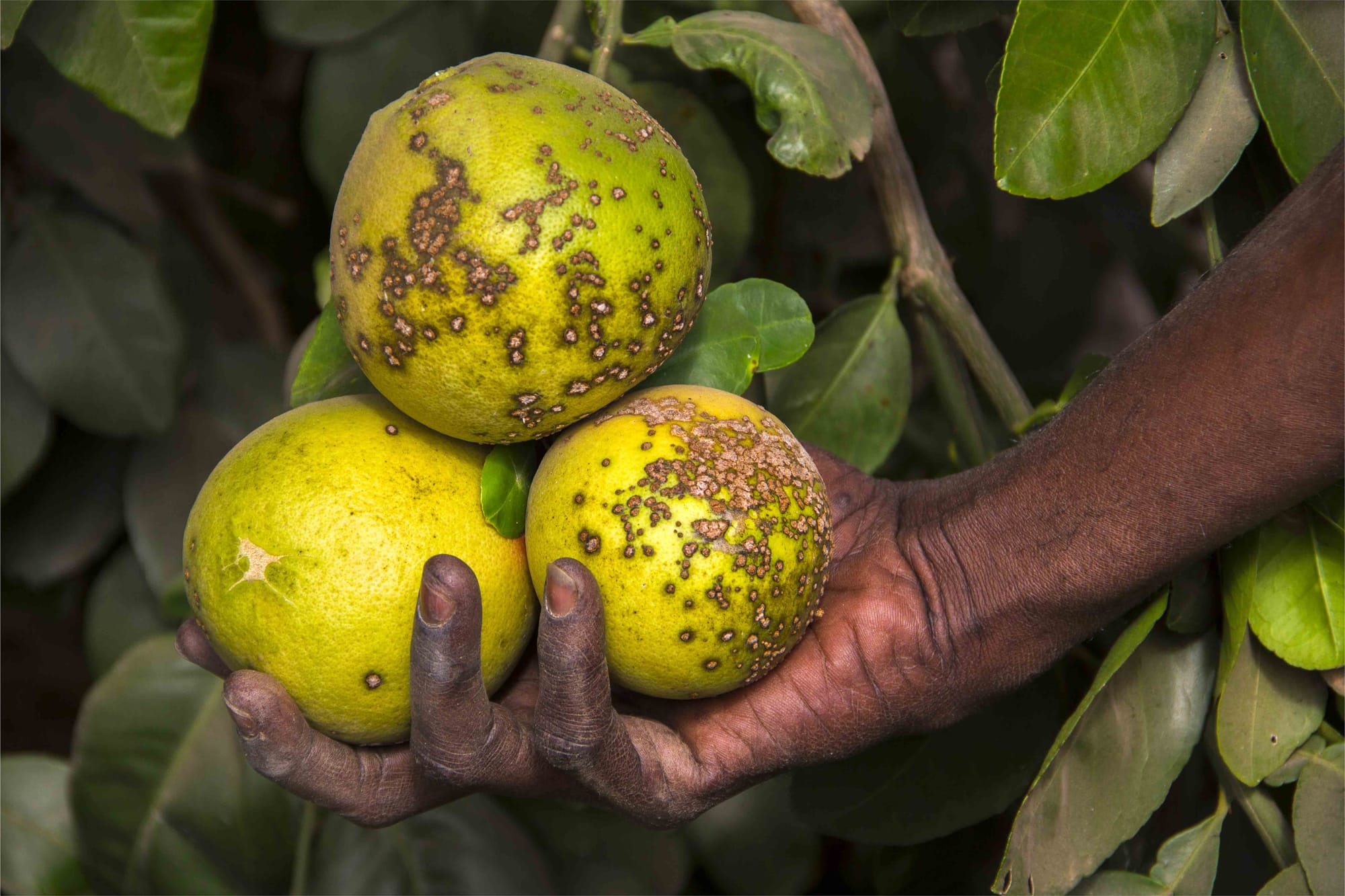
A booming pesticide market
Agrochemical companies have gained a foothold in all parts of Africa and have adapted their products to local customs (such as selling in small quantities). Empty pesticide packaging are often found abandoned on the farmlands.
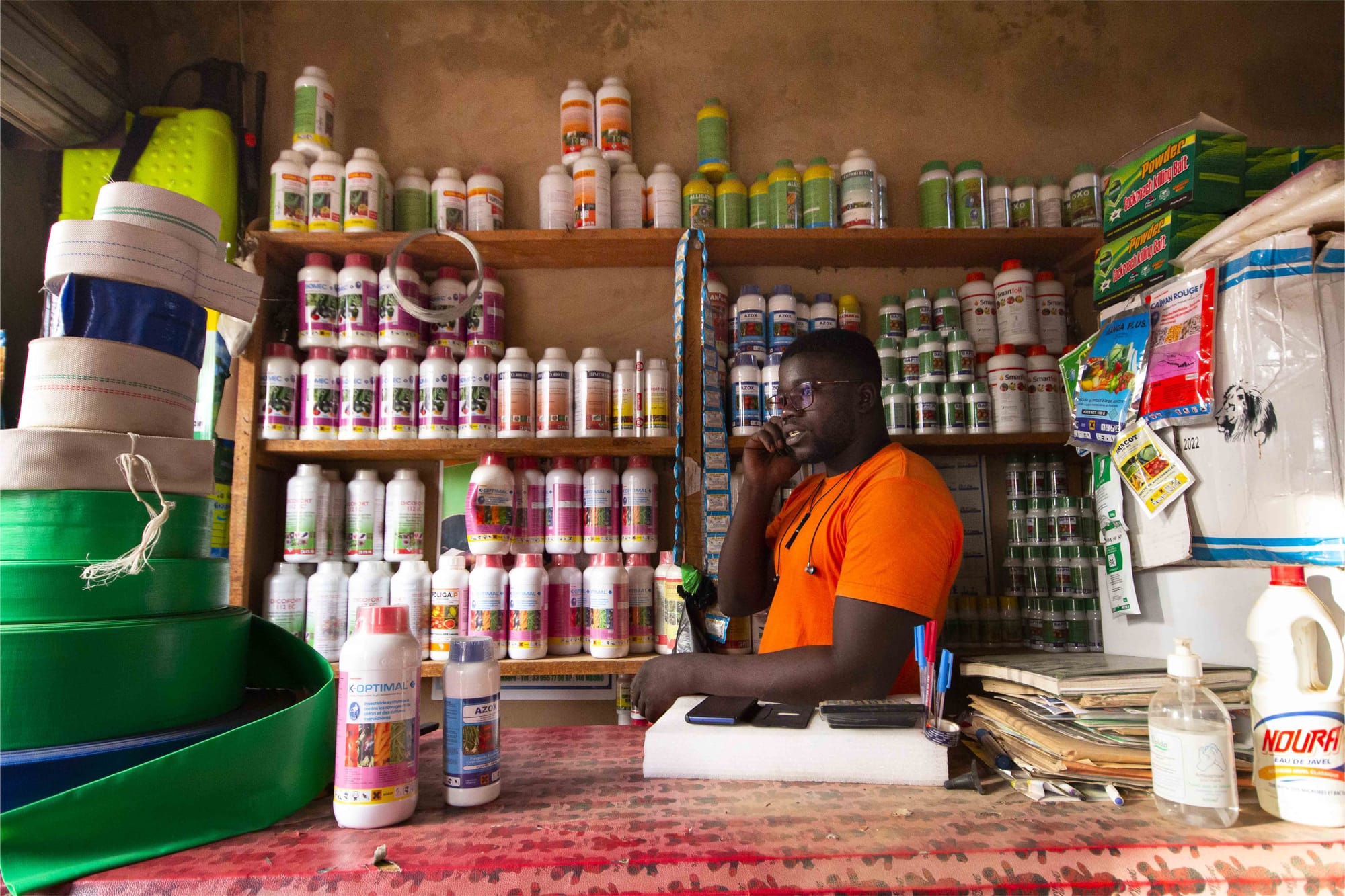
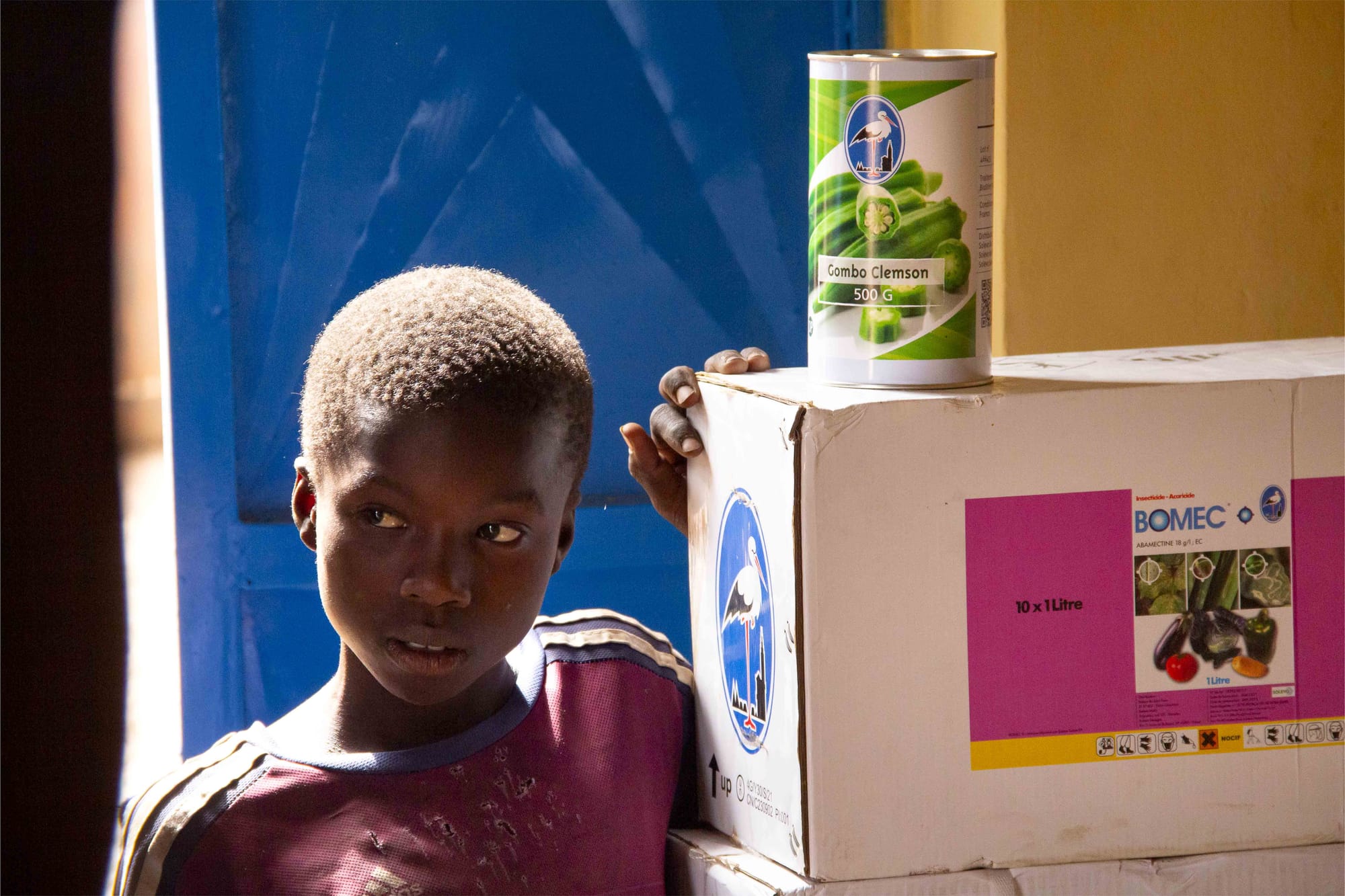
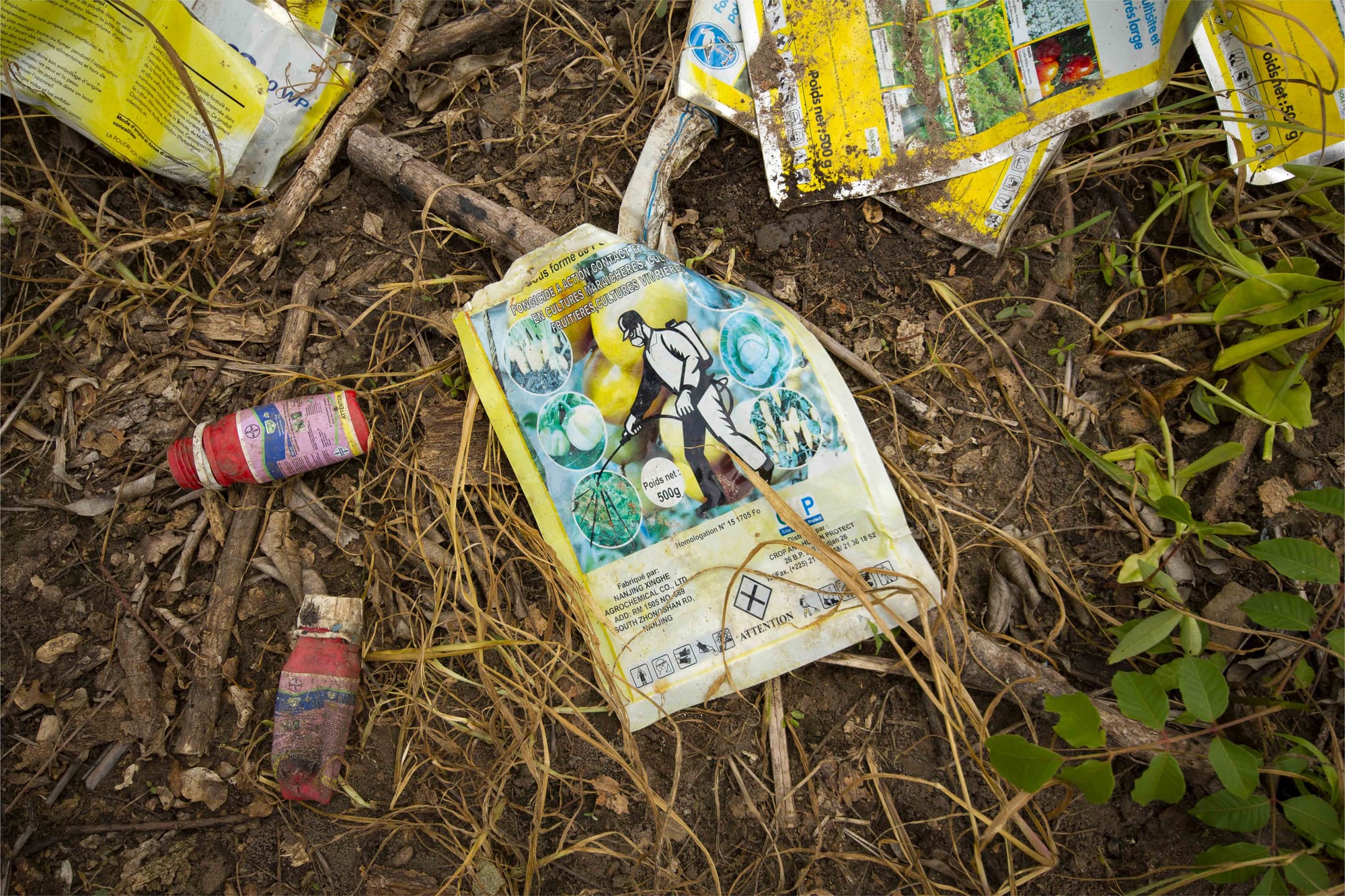
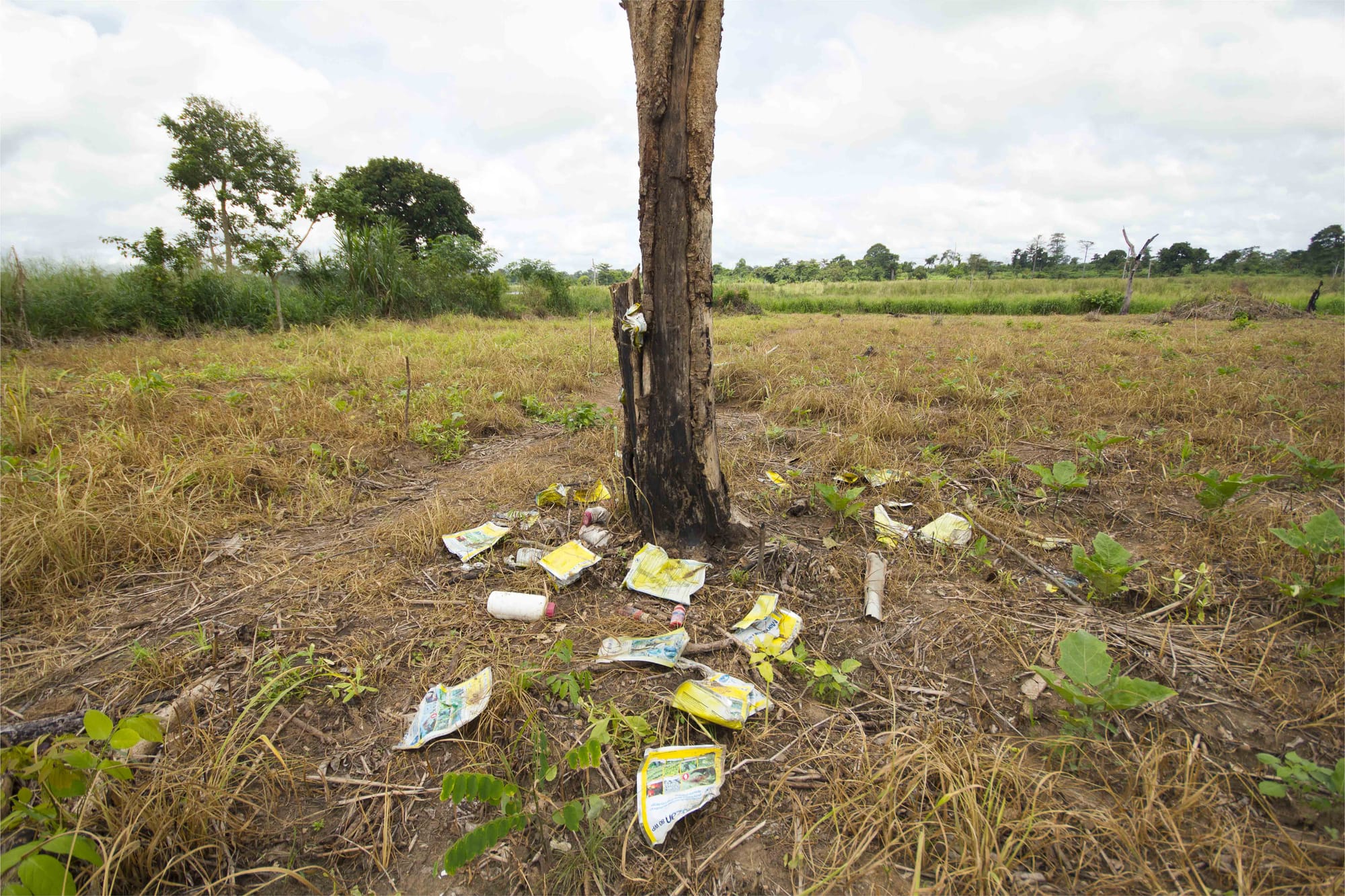
Major health risks
As well as being expensive, the systematic use of pesticides damages the environment and endangers the health of producers and consumers. African consumers are poorly informed of the risks associated with the ingestion of pesticides.
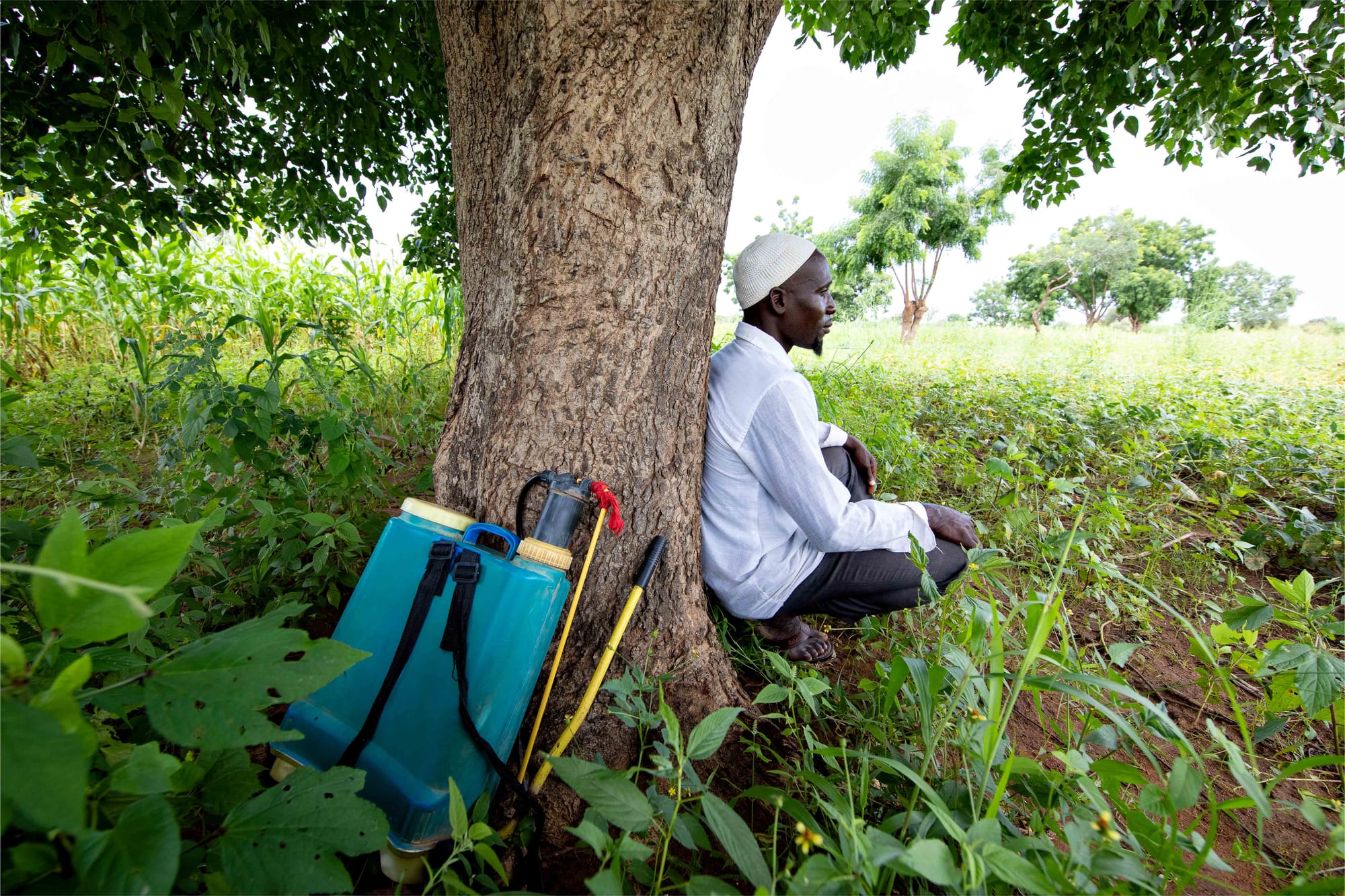
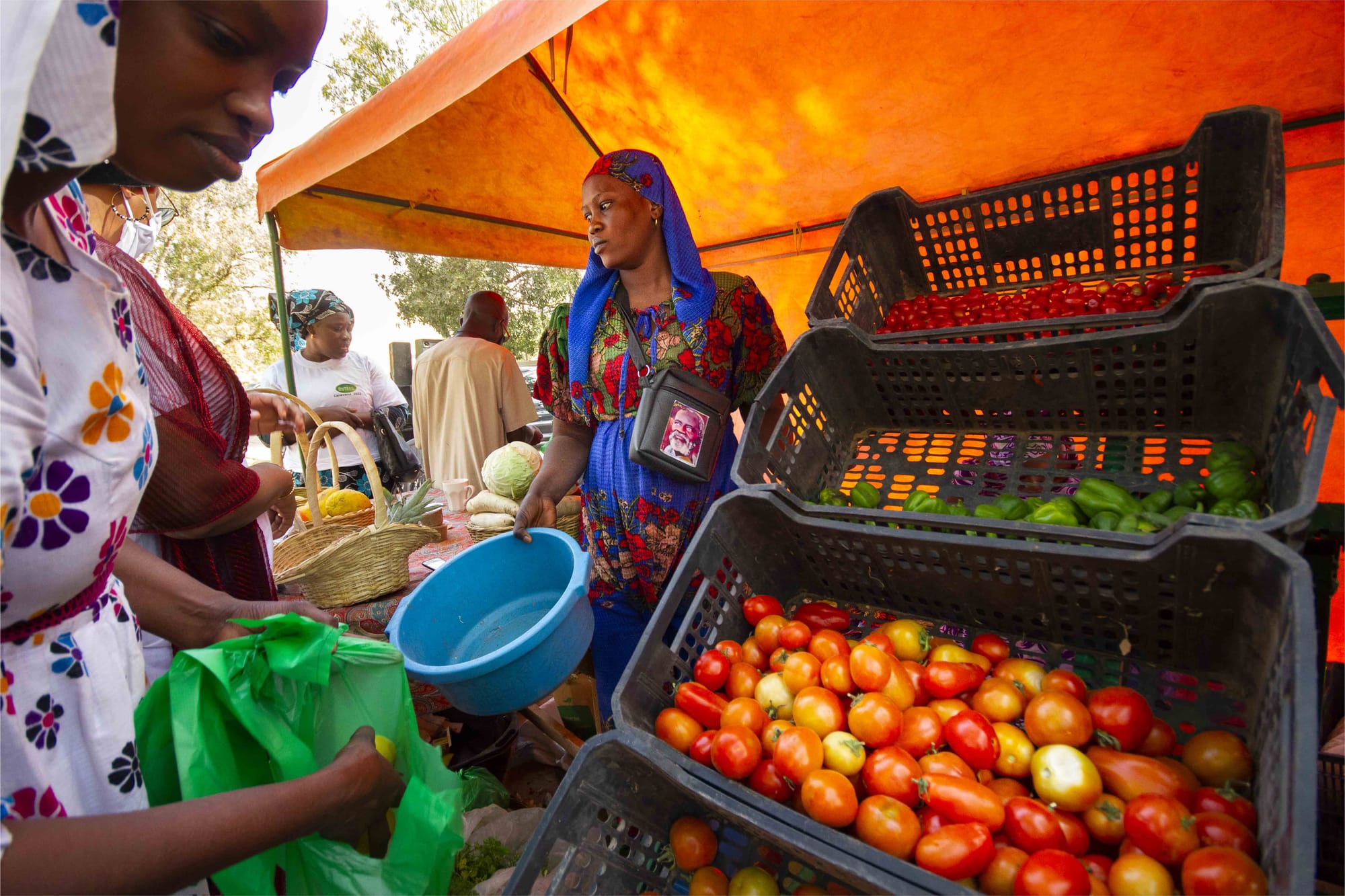
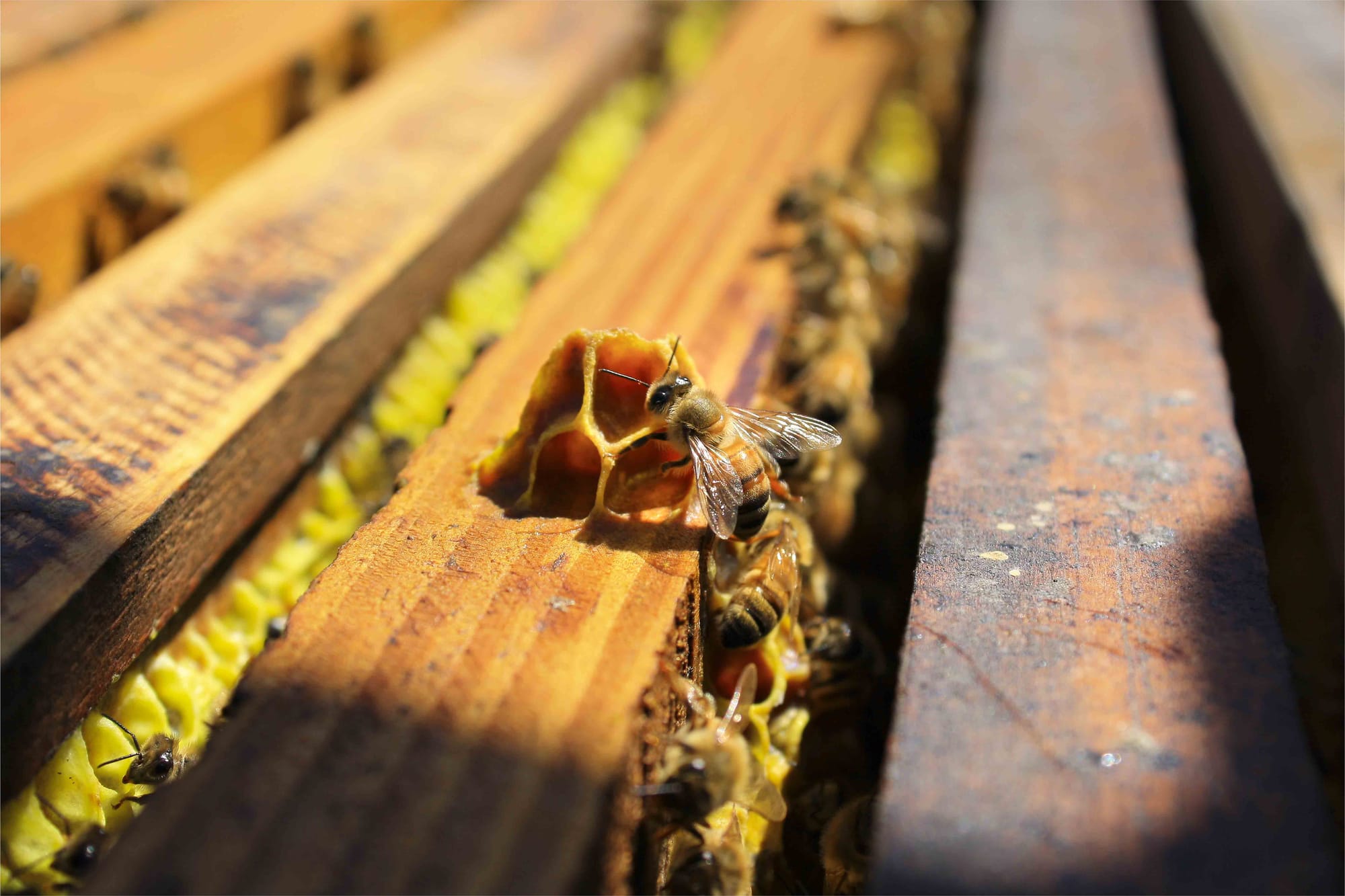

Protecting without poisoning
Researchers are developing and testing alternatives to pesticides across Africa. These alternatives include growing host plants in fields to create a natural habitat for beneficial insects (photo 1), using pheromone traps to capture fruit flies (photo 2) or spraying biopesticides made from local plants or beneficial indigenous micro-organisms (photos 3 and 4).
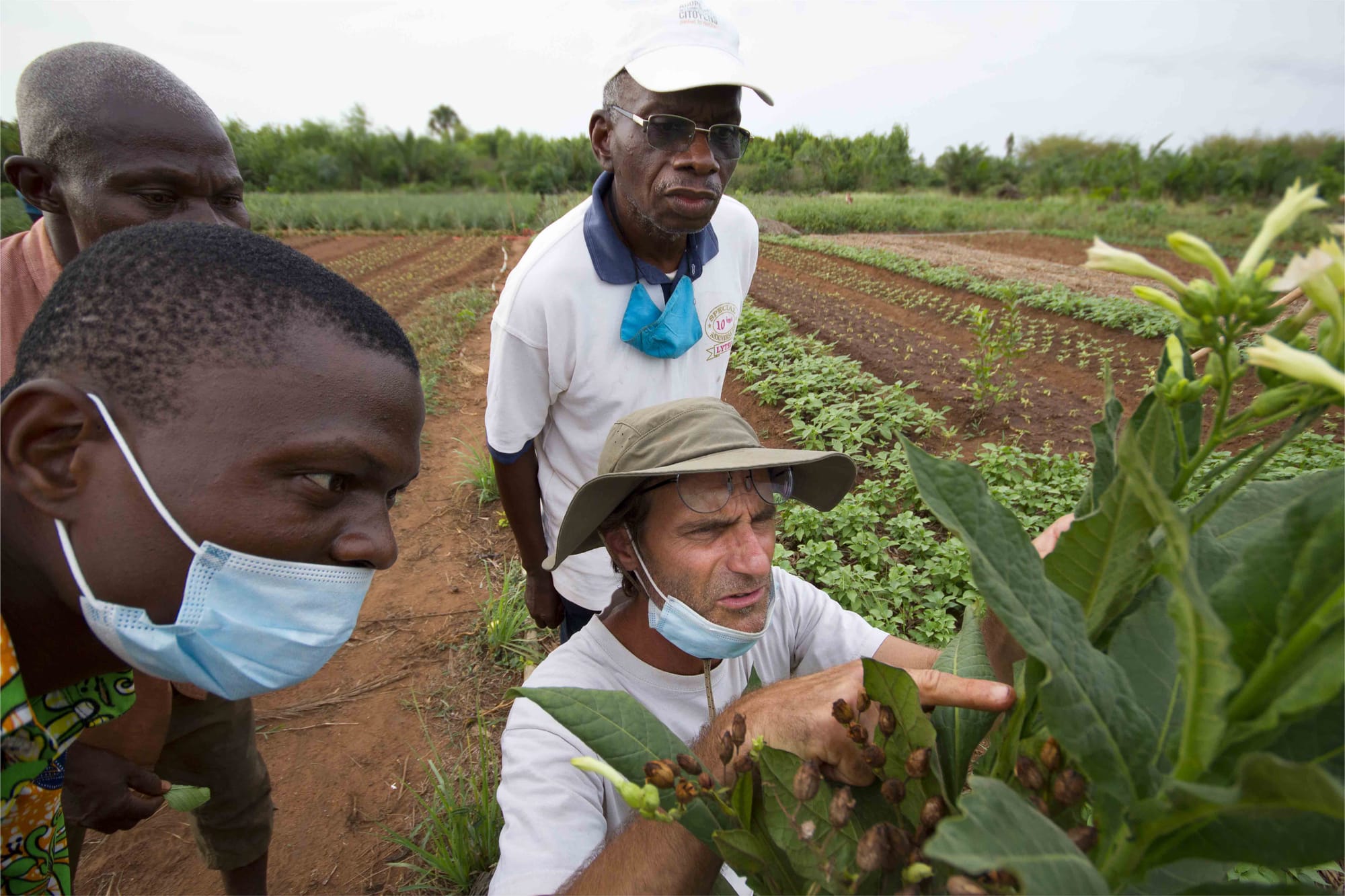
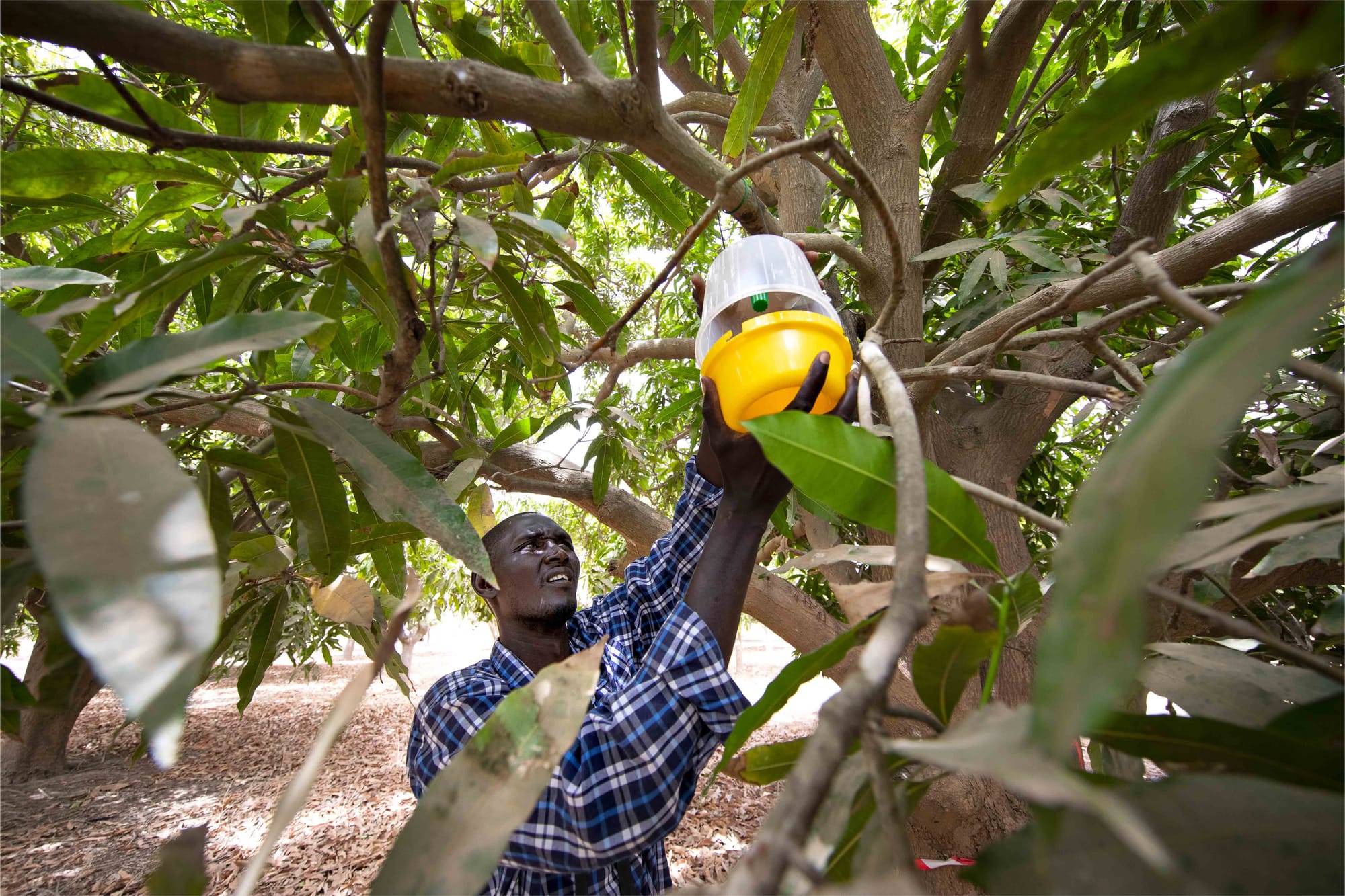
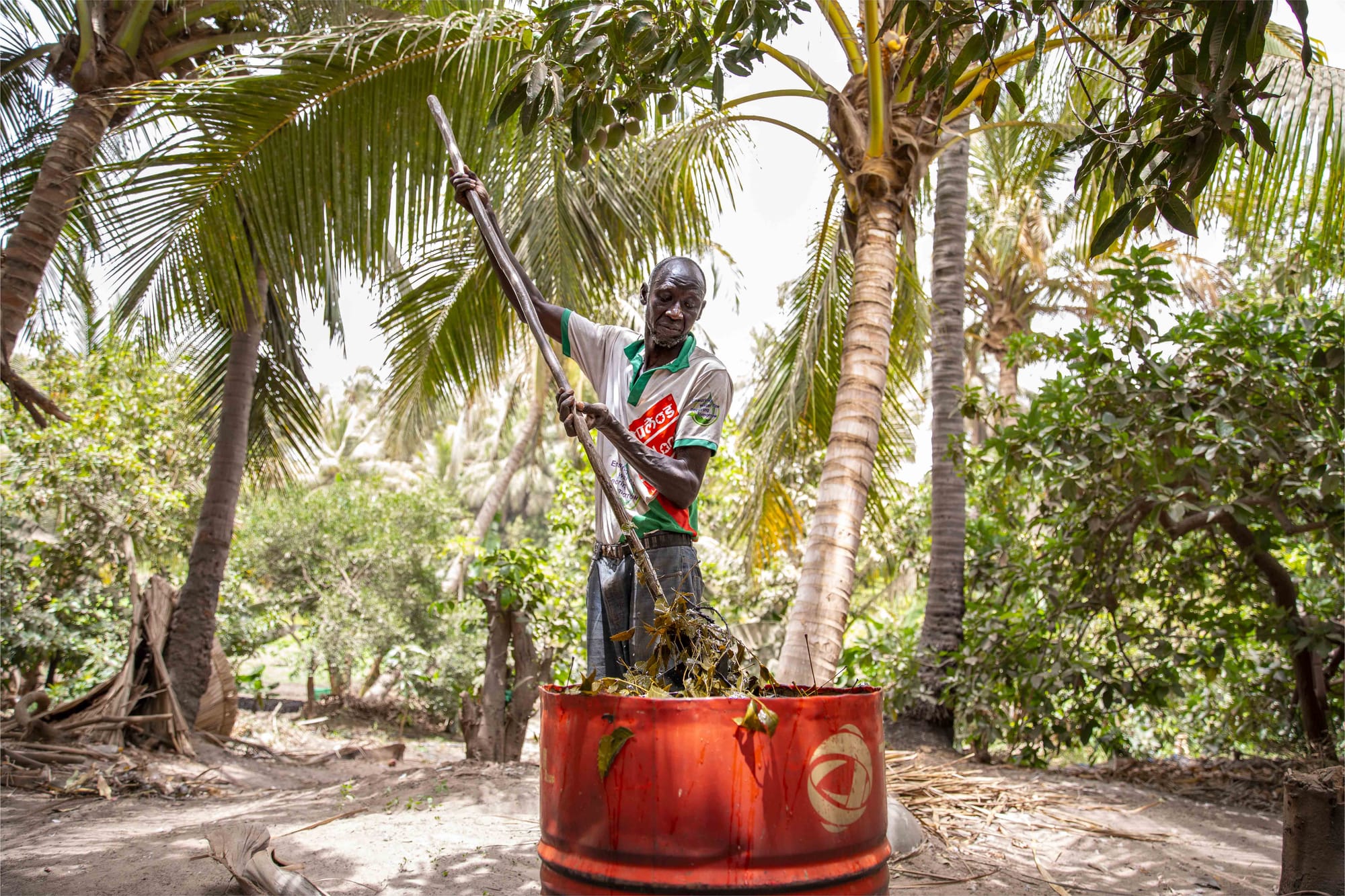
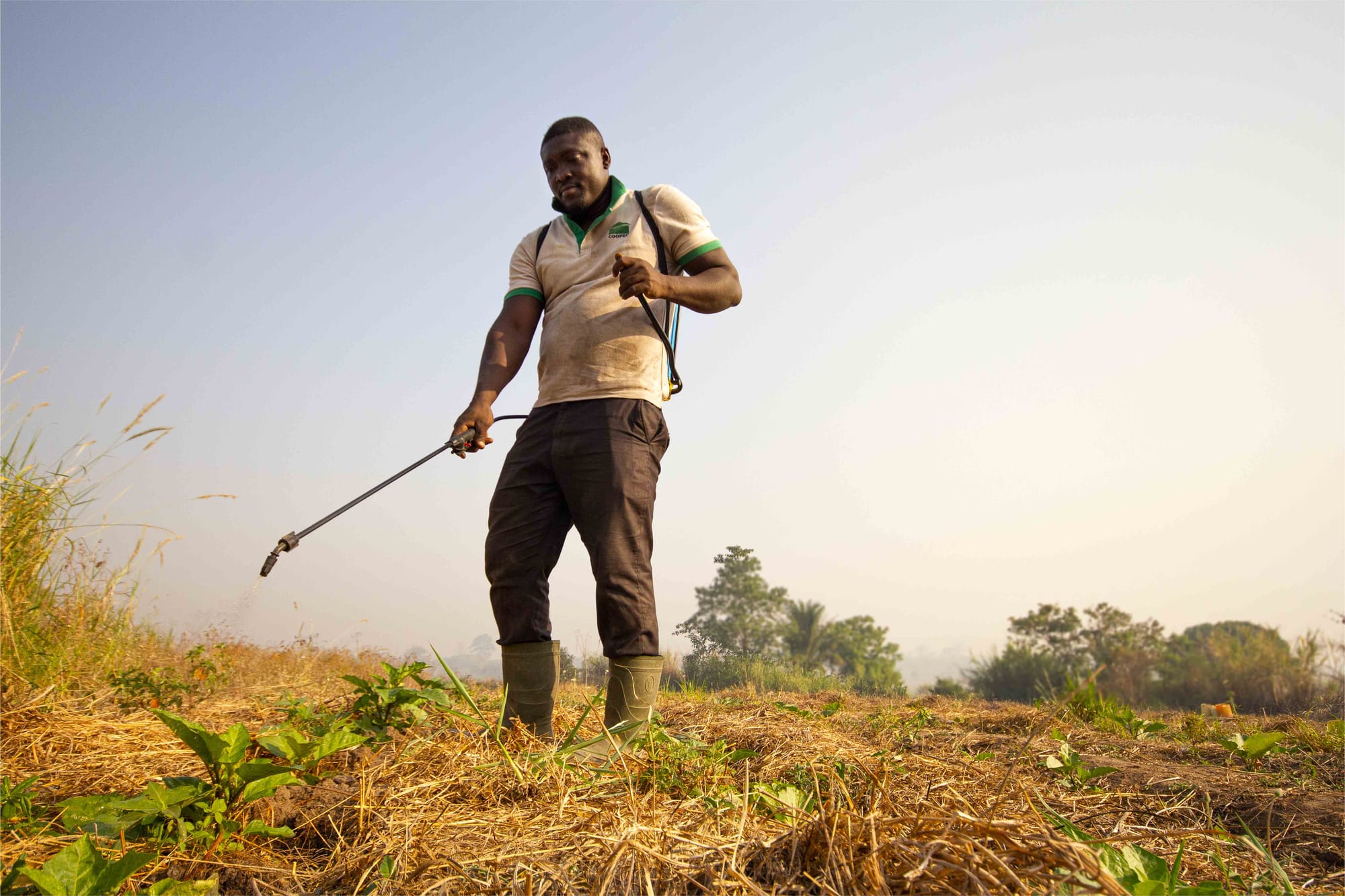
The netting technology
Researchers have discovered that growing vegetables under anti-insect netting completely removes the need for pesticides (photo 1). In Kenya, they demonstrated the effectiveness of netting when combined with compost application (photo 2) and the push-pull system. "Push-pull" is a control method based on the use of olfactory stimuli to disorientate insect pests (blue and yellow strips on photos 3 and 4).
